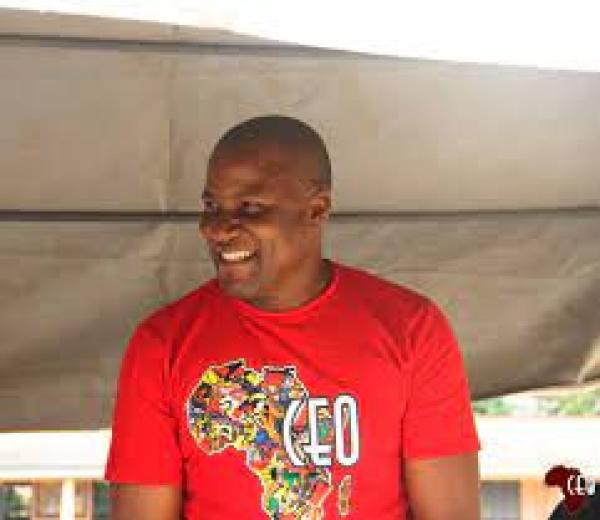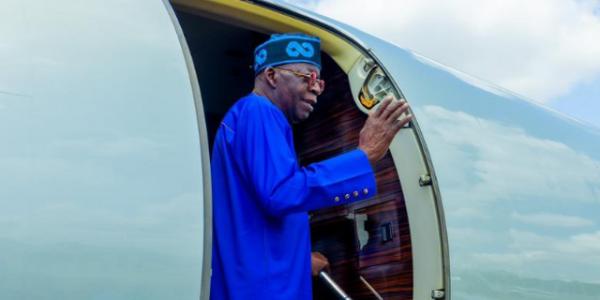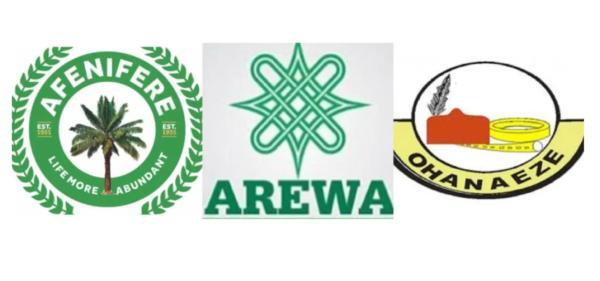
Governor Uba Sani of Kaduna State has restated his call for the creation of state police forces and state police service commissions, describing the move as a national imperative.
Governor Sani made the call while delivering a lecture at the Nigerian Institute of International Affairs (NIIA), Distinguished Lecture Series themed: “The Role of State Governments in Overcoming Insecurity in Nigeria”.
He outlined that a national consensus was emerging on the need for state police, driven by shared insecurity and practical necessity.
He blamed the current centralized policing system, describing it as inadequate for addressing Nigeria’s diverse and localized security threats.
According to him, a federated republic demands federated security, and insisted that state police forces would guarantee unity, rather than threaten it.
Emphasizing that Nigeria’s security challenges demand more than military intervention, Sani advised stakeholders to recognize and empower state governments as frontline actors in the fight against insecurity.
The governor explained that he had previously sponsored constitutional amendment bills in the past to decentralize policing and establish a multi-tiered security framework.
“I cannot conclude this lecture without restating my unwavering conviction that Nigeria must summon the political will to amend its constitution to allow the establishment of state police forces and state police service commissions. This is not theoretical; it is a national imperative. “Our centralised policing system, while noble in conception, is increasingly inadequate for addressing Nigeria’s diverse, localised, and rapidly evolving security threats.
“Today, that consensus is emerging, forged by shared insecurity and practical necessity. State governments are not only willing; they are prepared. It is time to align constitutional frameworks with on-the-ground realities. I have since assured the leadership of the 10th National Assembly, especially the joint constitution review committee of both chambers, that I stand ready to offer my experience and expertise freely to advance this historic cause. Let us act with courage.
“A federated republic demands federated security. State police forces or services, properly legislated and regulated, are not threats to unity but guarantees of it,” he stated.
Sani further stressed the importance of collaboration between state governments and the federal government, as well as the need for community engagement, institution building, and social economic revitalization.
He outlined that a holistic approach that addresses the root causes of insecurity, including socioeconomic exclusion and lack of trust in government, is essential for lasting peace.
In his welcome address, the NIIA Director General, Prof. Eghosa Osaghae, highlighted the importance of cooperative federalism, where state and federal governments work together in harmony to address security challenges.
He stated that state governments play a crucial role in national security and should not be regarded merely as passive recipients of federal government initiatives.
He further stated that the state government’s actions could have implications and consequences for Nigeria’s foreign policy, though they are not directly involved in foreign policy matters.
“Every time we speak the language of national security, many of us look only to the federal government. We have three layers of government, but even more sub-national communities that exist at even lower levels. All of us must work in harmony.
“Cooperative federalism means that states and the federal government must work together in harmony. They are not rivals or contesting or competing levels of government. They are complementary, especially on matters of security,” he stressed.
He highlighted Kaduna State’s experience in addressing conflict and insecurity, noting that the state had been one of the most challenged sites of conflict in Nigeria but had recently made significant progress.





















